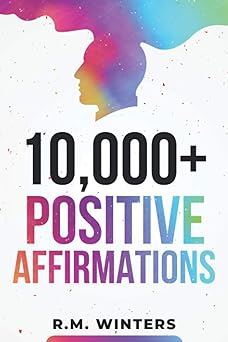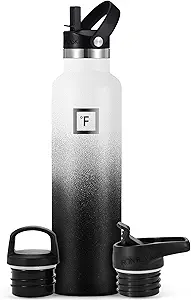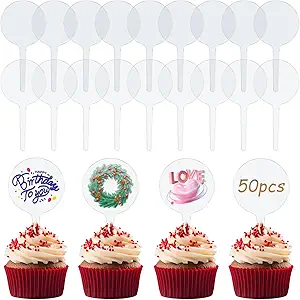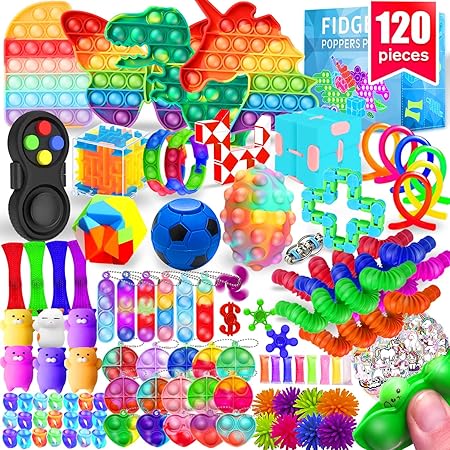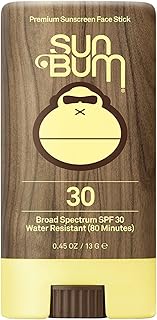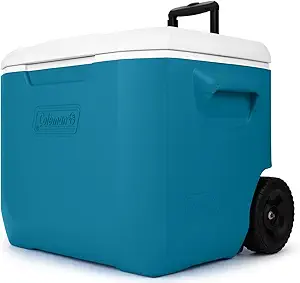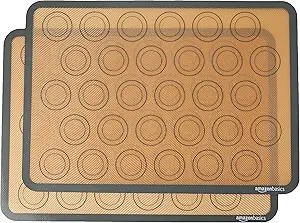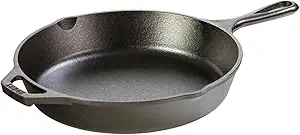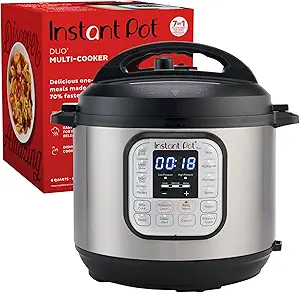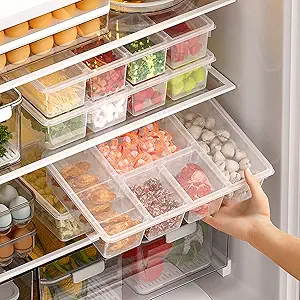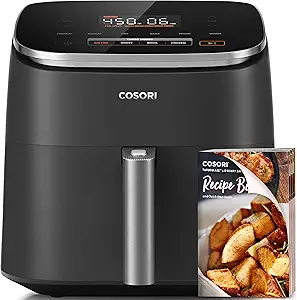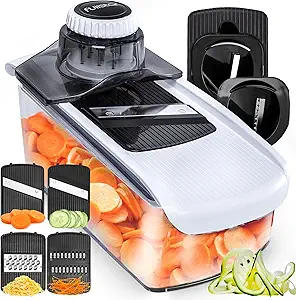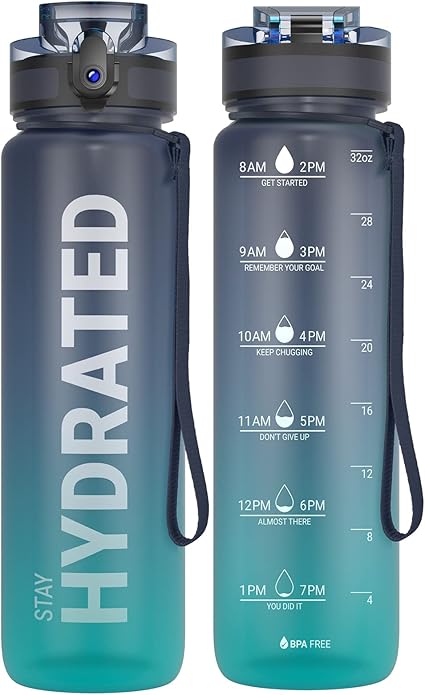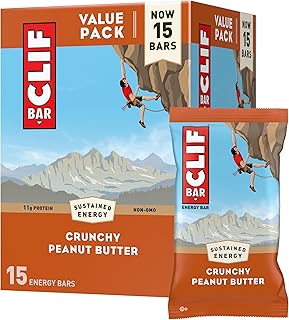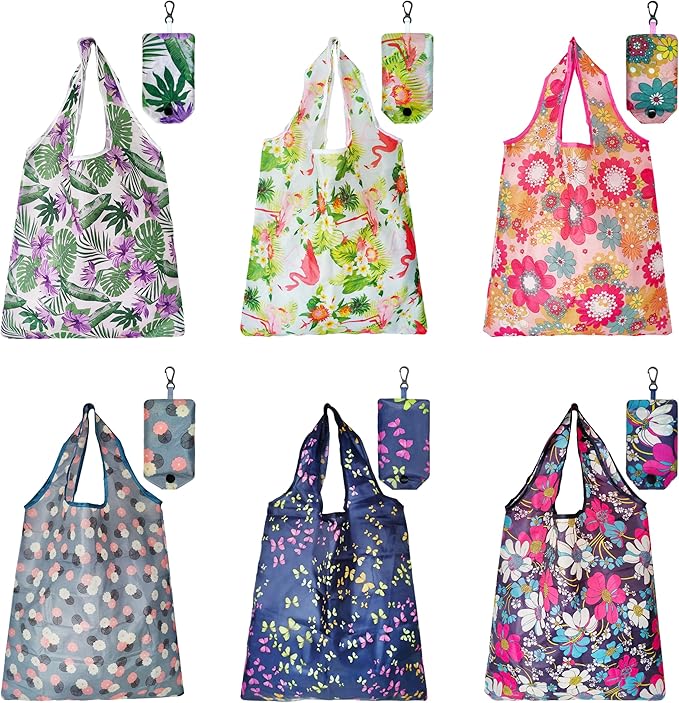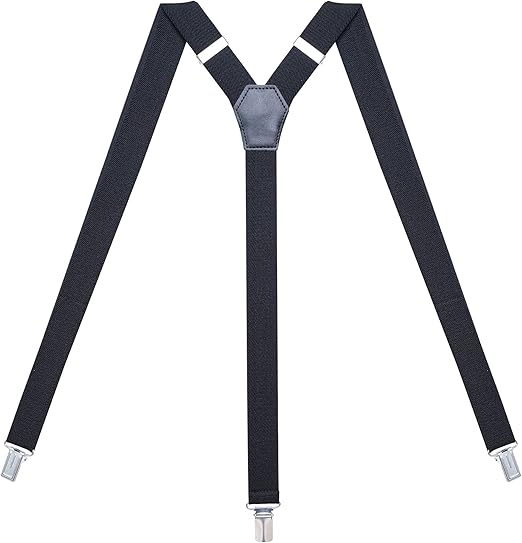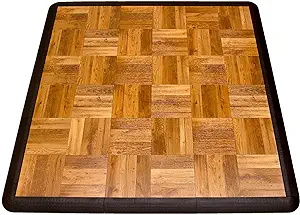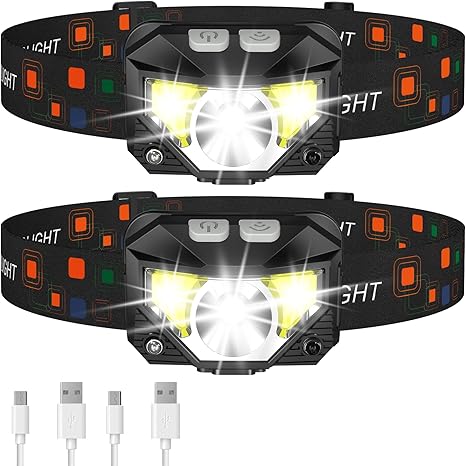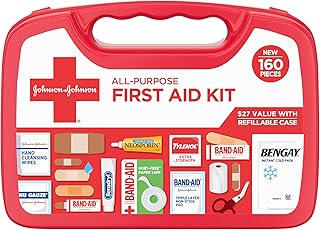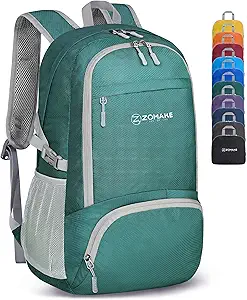🌱 Plant-Based Diets: What You Should Know Before You Try One
Introduction
In recent years, plant-based diets have gained enormous popularity. Whether it’s for health, the environment, animal welfare, or simply curiosity, more and more people are exploring what it means to “go plant-based.” According to surveys, nearly 1 in 4 Americans report reducing their meat consumption, and supermarkets now stock everything from oat milk to plant-based “chicken” nuggets.
But with all the buzz, it’s easy to feel overwhelmed. Should you cut out meat entirely? What about protein? Is this lifestyle actually sustainable long term?
This guide will give you everything you need to know before trying a plant-based diet—from health benefits and common myths to shopping tips, meal planning, and answers to your most frequently asked questions. By the end, you’ll be prepared to make an informed choice and start your plant-based journey with confidence.
🌿 What Is a Plant-Based Diet?
A plant-based diet emphasizes whole, minimally processed foods that come primarily from plants. Unlike strict veganism, which eliminates all animal products, plant-based diets can vary in flexibility. Some people go completely plant-based, while others still include occasional dairy, eggs, or fish.
Key components include:
-
Vegetables (leafy greens, root vegetables, cruciferous varieties)
-
Fruits (fresh, frozen, or dried)
-
Legumes (beans, lentils, chickpeas, peas)
-
Whole grains (brown rice, quinoa, oats, barley)
-
Nuts and seeds (almonds, chia, flax, walnuts)
-
Plant-based proteins (tofu, tempeh, seitan, edamame)
Important note: Plant-based does not automatically mean “healthy.” Processed foods like vegan donuts or fries still fall under the plant-based umbrella, but whole, nutrient-rich foods should form the foundation.
🌎 Why Choose a Plant-Based Diet?
1. Health Benefits
Studies show that plant-based diets may:
-
Lower risk of heart disease
-
Reduce blood pressure and cholesterol
-
Aid in weight management
-
Improve gut health and digestion
-
Lower risk of type 2 diabetes
-
Boost longevity
2. Environmental Impact
Animal agriculture is responsible for nearly 15% of global greenhouse gas emissions. By reducing reliance on meat and dairy, you’re directly lowering your carbon footprint.
3. Animal Welfare
For many, eating plant-based is an ethical choice, supporting cruelty-free living and opposing factory farming.
4. Economic Benefits
Contrary to the myth that plant-based diets are expensive, staples like beans, rice, oats, and seasonal vegetables are often cheaper than meat.
🍎 Nutritional Considerations
Before starting, it’s essential to understand key nutrients you’ll need to monitor:
-
Protein
-
Sources: lentils, chickpeas, black beans, tofu, tempeh, quinoa, seitan, nuts, seeds.
-
Myth-busting: You don’t need meat to meet your protein needs.
-
-
Vitamin B12
-
Found naturally in animal products.
-
Plant-based eaters often require supplementation or fortified foods.
-
-
Iron
-
Plant-based iron (non-heme) is less easily absorbed.
-
Pair with vitamin C (citrus, bell peppers) for better absorption.
-
-
Calcium
-
Sources: fortified plant milks, leafy greens, almonds, tofu.
-
-
Omega-3 Fatty Acids
-
Found in chia seeds, flaxseeds, walnuts, hemp seeds, and algae-based supplements.
-
-
Vitamin D
-
May require supplementation, especially in colder climates.
-
🛒 Grocery Shopping Guide
When transitioning, shopping can feel intimidating. Use this checklist to simplify your trips:
Plant-Based Shopping Checklist
✅ Fresh fruits & veggies
✅ Whole grains (quinoa, oats, rice, barley)
✅ Legumes (lentils, beans, chickpeas)
✅ Plant-based proteins (tofu, tempeh, seitan)
✅ Healthy fats (avocado, nuts, seeds, olive oil)
✅ Fortified plant milks (soy, oat, almond, cashew)
✅ Herbs & spices for flavor
✅ Occasional treats (dark chocolate, hummus, popcorn)
🥗 Easy Plant-Based Meal Ideas
Breakfast
-
Overnight oats with chia seeds and berries
-
Tofu scramble with spinach and peppers
-
Smoothie with banana, almond butter, and kale
Lunch
-
Quinoa salad with chickpeas, cucumber, and tahini dressing
-
Lentil soup with whole-grain bread
-
Veggie wrap with hummus, avocado, and roasted veggies
Dinner
-
Stir-fried tofu with broccoli and brown rice
-
Black bean tacos with salsa and guacamole
-
Vegan chili with cornbread
Snacks
-
Roasted chickpeas
-
Apple slices with peanut butter
-
Trail mix with nuts and dried fruit
⚡ Tips for Success on a Plant-Based Diet
-
Start slow – Begin with meatless Mondays or one plant-based meal a day.
-
Learn to cook – Experiment with spices, herbs, and international cuisines.
-
Plan ahead – Meal prep to avoid falling back on convenience foods.
-
Don’t fear carbs – Whole grains and starchy veggies are your energy source.
-
Stay flexible – It’s not all-or-nothing; progress matters more than perfection.
🚫 Common Myths About Plant-Based Diets
-
“You can’t get enough protein.” → False. Plenty of plant sources exist.
-
“It’s too expensive.” → Not true if you focus on staples like beans, rice, and seasonal produce.
-
“It’s only for vegans.” → Anyone can benefit by simply eating more plants.
-
“You’ll always be hungry.” → Fiber-rich foods keep you full for longer.
🌟 Trending Plant-Based Alternatives in 2025
-
Plant-based cheeses that melt and stretch like dairy.
-
Lab-grown meats gaining mainstream approval.
-
Mushroom-based proteins like mycoprotein.
-
Oat milk dominance in coffee shops across America.
-
Plant-based seafood as a rising trend.
📋 7-Day Beginner Plant-Based Meal Plan (Trending Checklist)
Day 1: Oatmeal + Lentil Soup + Veggie Stir Fry
Day 2: Smoothie Bowl + Quinoa Salad + Black Bean Tacos
Day 3: Avocado Toast + Buddha Bowl + Chickpea Curry
Day 4: Chia Pudding + Lentil Wraps + Vegan Chili
Day 5: Pancakes (oat-based) + Grain Bowl + Stuffed Peppers
Day 6: Green Smoothie + Hummus Wraps + Vegan Pasta
Day 7: Overnight Oats + Veggie Burger + Thai Tofu Curry
❓ FAQs: Plant-Based Diets
Q1. Is a plant-based diet the same as vegan?
Not exactly. Veganism eliminates all animal products, while plant-based diets focus primarily on plants but can allow some flexibility.
Q2. Will I lose weight on a plant-based diet?
Many people do, since plant-based diets are rich in fiber and lower in calories. But it depends on your choices—vegan junk food won’t necessarily help weight loss.
Q3. Do I need supplements?
Yes, especially Vitamin B12. Depending on lifestyle, Vitamin D and Omega-3s may also be beneficial.
Q4. Can kids follow a plant-based diet?
Yes, with careful planning to ensure proper nutrient intake (especially protein, iron, calcium, and B12).
Q5. Is it suitable for athletes?
Absolutely. Many professional athletes thrive on plant-based diets, citing improved recovery and stamina.
🌱 Final Thoughts
Switching to a plant-based diet can feel daunting, but with the right knowledge and preparation, it can be an incredibly rewarding lifestyle choice. You’ll likely notice better energy, improved digestion, and a sense of purpose knowing you’re contributing positively to both your health and the planet.
Remember: It’s not about perfection but progress. Even small shifts—like choosing a plant-based meal a few times a week—can make a difference.
So, whether you’re going fully plant-based or just curious to try, now is the perfect time to explore the world of fruits, vegetables, grains, and legumes. Your body, the planet, and maybe even your wallet will thank you. 🌎✨

